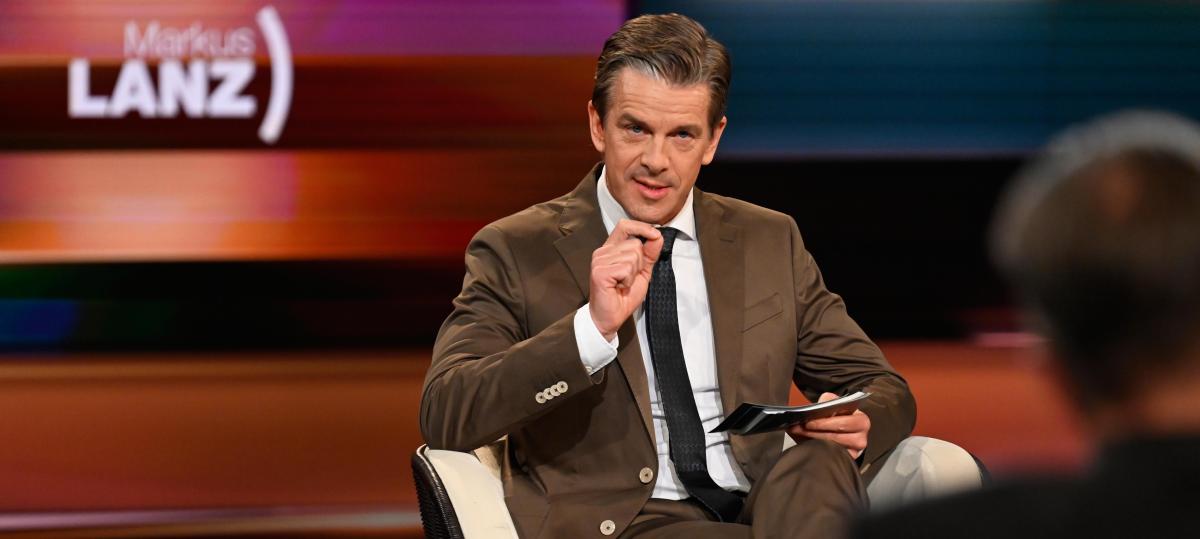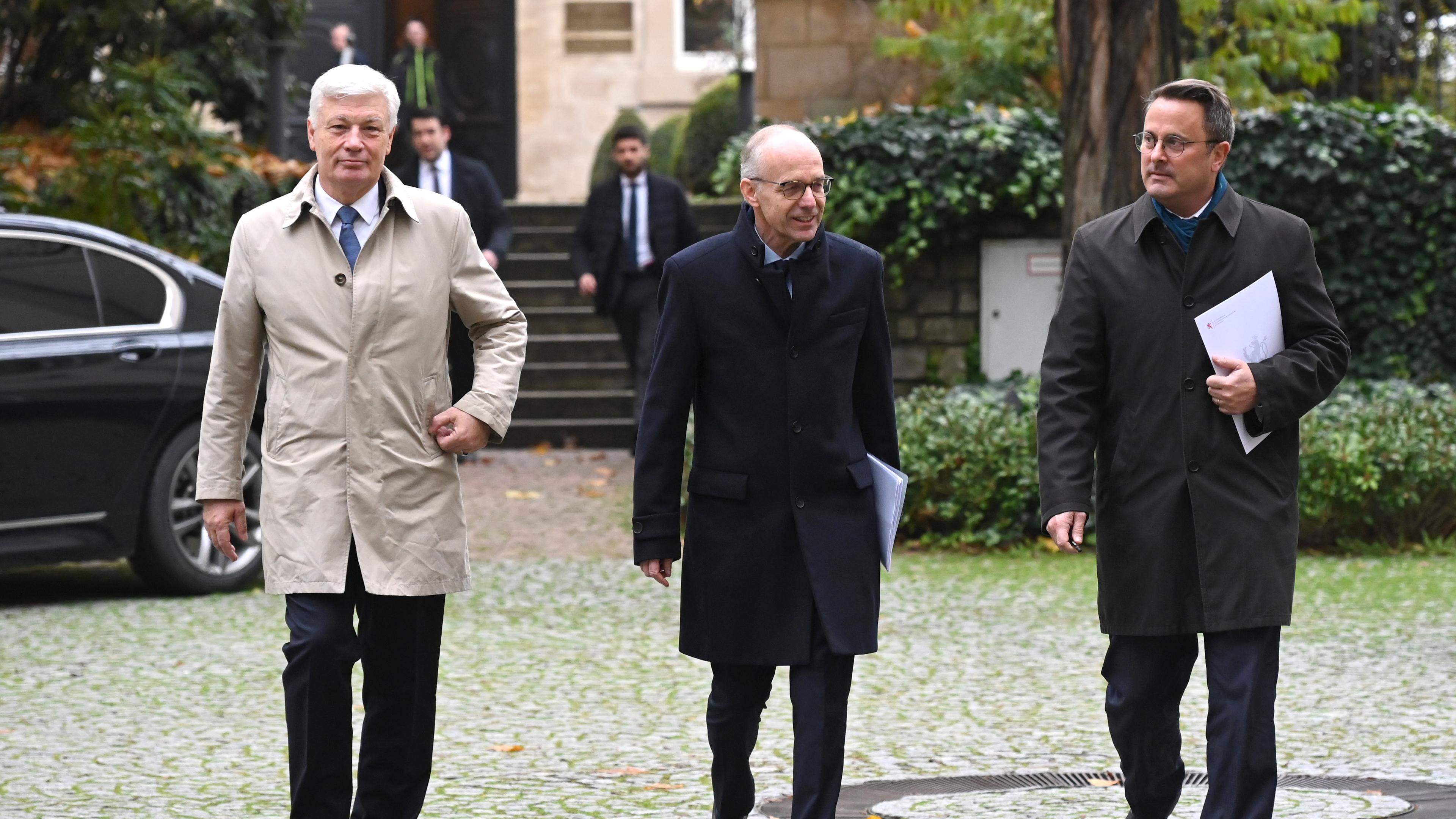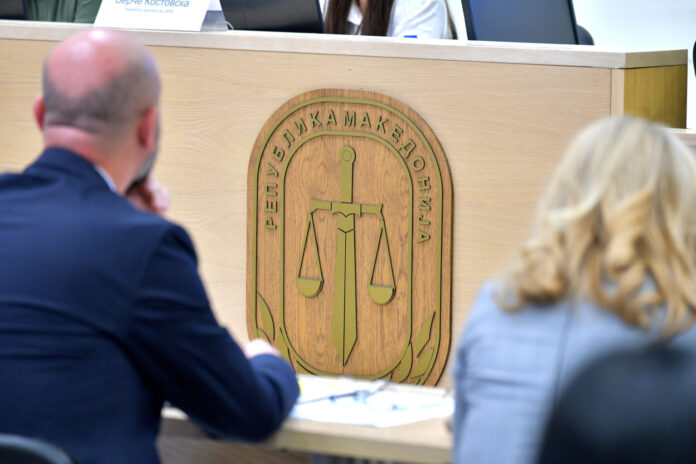« You will probably never find out who the deviators were »

Mr. Nida-Rümelin, never before, a chancellor failed in the first ballot. What went through your head when you heard that?
Nida-Rümelin: It was unusual, a novelty in the history of the Federal Republic, but also not a disaster. The second ballot was clear. Were Friedrich Merz It was only chosen with a relative majority at the third attempt, would that have been a risky game, because then as a Federal Chancellor, he would not have had the trust of the two coalition groups. We need a strong, united government, so it was an unfavorable start.
Did you see that coming?
Nida-Rümelin: No, but it didn’t fall out of the blue either. Merz has acted extremely awkward in the past few months. In addition to some statements, his attempt was to AfD A new migration policy in Bundestag to enforce, a bang that was highly dangerous and gave the wrong signals. Also the SPD Has held an election campaign against Merz, which did not do justice to the situation, since it was also foreseeable during the election campaign that the SPD will coalition with the Union.
Would you call the vote from a philosophical point of view as a betrayal?
Nida-Rümelin: No, there are malicious intentions behind betrayal. If the result had stated that there was no government formation and that this would have been aware of all group members who voted against Merz and wanted to trigger a state crisis, one could have been speaking of betrayal. But I assume that nobody has followed such intentions.
Then what were the intentions?
Nida-Rümelin: The MPs probably wanted to set a warning signal and assumed that almost everyone else will already agree. Differences of content or the Tändele with the AfD before the coalition negotiations may have played a role. Some Union members may have had personal motifs because they would have liked to have another candidate at the top. But he led the election campaign and was elected party leader.
Didn’t the parliamentary group also have a moral responsibility to vote directly for Merz?
Nida-Rümelin: The choice was legally compliant, not politically ethically. Because the parliamentary group members had committed themselves to Merz, nobody had raised his voice against him in the meetings beforehand. In this respect, members of the coalition did not act truly. According to the constitution, the MPs are only obliged to their conscience, but the factions ability to act depend on their unity.
But a choice is always a risk?
Nida-Rümelin: A political decision is not legitimized by the fact that it is based on the content of the content, but that it has come about based on certain rules of opinion formation and decision -making. In this tension, politicians always move. On the one hand, they are obliged to the rules, on the other hand, for reasons of content they do not always want to follow them in individual cases. We have seen that now.
Should you forgive them?
Nida-Rümelin: You will probably never find out who the deviators were. The political groups are well advised not to go looking for the misseters or discredit them. These are dangerous games that only destabilize the democratic process.
For Merz, the coordination was a humiliation. Will he recover from it?
Nida-Rümelin: Let’s wait and see what grows from it. Sometimes there are paradoxical developments in politics, for example, the phenomenon that government coalitions are sometimes more stable than those with a lavish majority. Because in a short majority, each individual has to question more and more responsibility. Konrad Adenauer was chosen as a chancellor with just one voice majorityT, he then formed a very stable government. I can imagine that we will see this effect now. Everyone is aware of the dissatisfaction within the political groups and will at best try not to reinforce this.
Is Merz a tragic figure?
Nida-Rümelin: Merz has had a lot behind him, he ran in vain as party chairman twice and experienced the greatest humiliation under Merkel. If his chancellorship had now failed, he could have slowly become a tragic figure. But if you think of the ancient tragedies, you have to reach a certain amount of falling height in order to really become a tragic figure. Merz has to work out first.
Can Merz regain respect and trust?
Nida-Rümelin: He is a good rhetorician, can talk freely and likes to worry. In the past few weeks he has held back extremely, which was unusual. Apparently he was aware that he would have to appear differently as a Federal Chancellor and coalate with the SPD. This also means that he has to get his anti-social democratic affects under control. I can imagine that he will try all the more to rule seriously and keep his somewhat loose mouth in check.
So you are hopeful about the future government?
Nida-Rümelin: You always have to hope for democracy. You don’t have to like Merz and do not support your political positions. But if this chancellery failed, the destabilizing consequences for democracy would have. Nobody who thinks sensibly can want that.
To person
The philosopher Julian Nida-Rümelin was the owner of the chair for philosophy and political theory at the Ludwig Maximilians University in Munich until 2020. As a SPD member, he was Minister of Culture under Gerhard Schröder, he wrote several books and was deputy chairman of the German Ethics Council until 2024.







